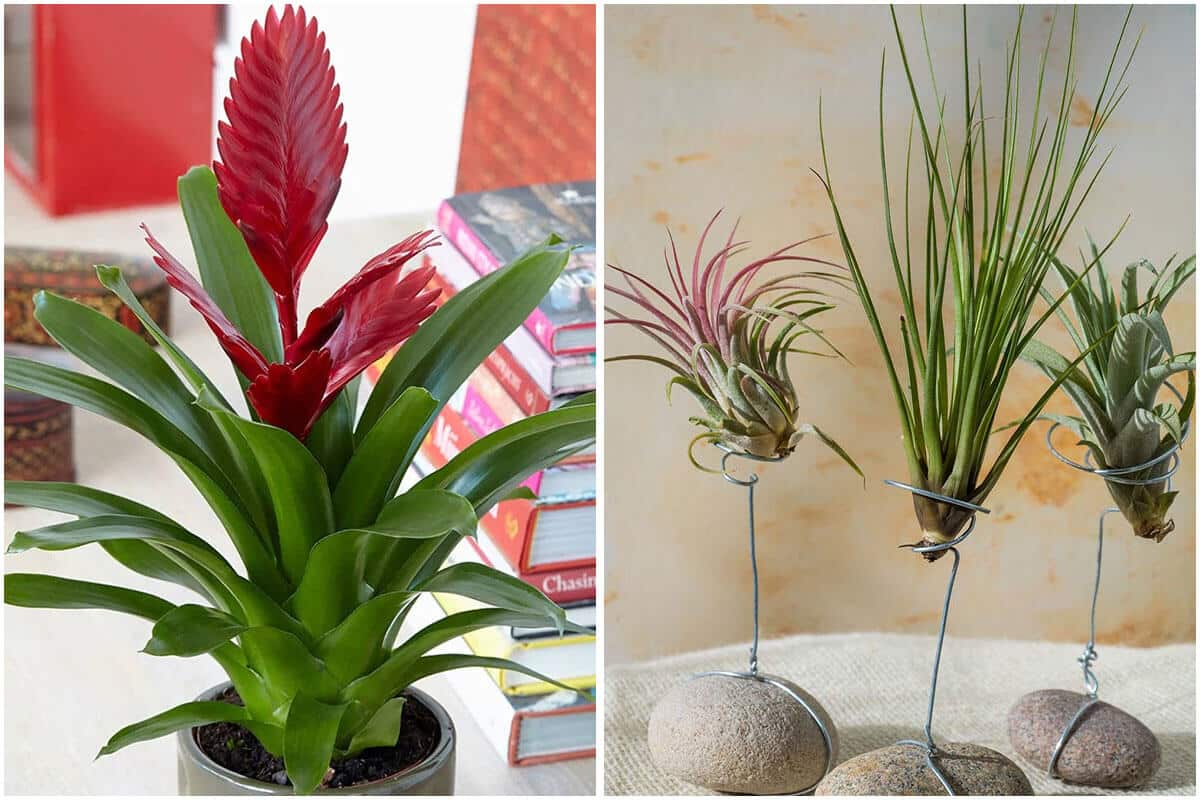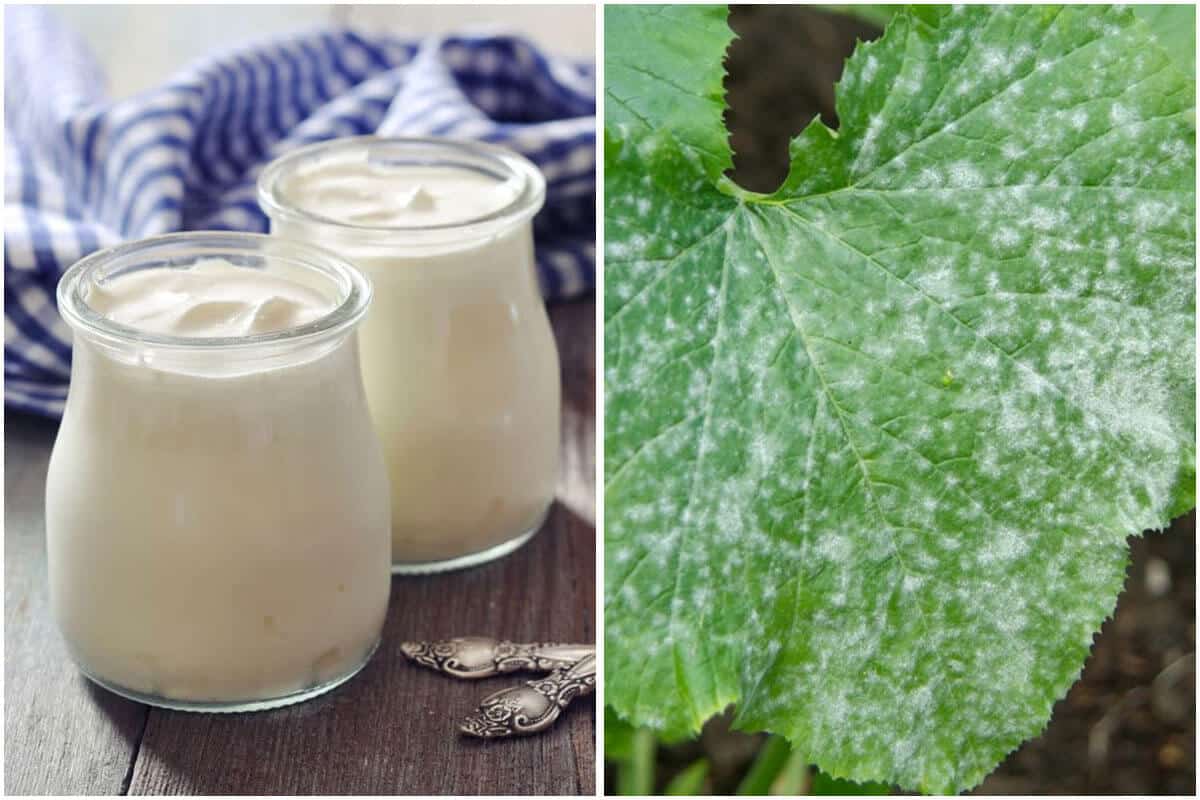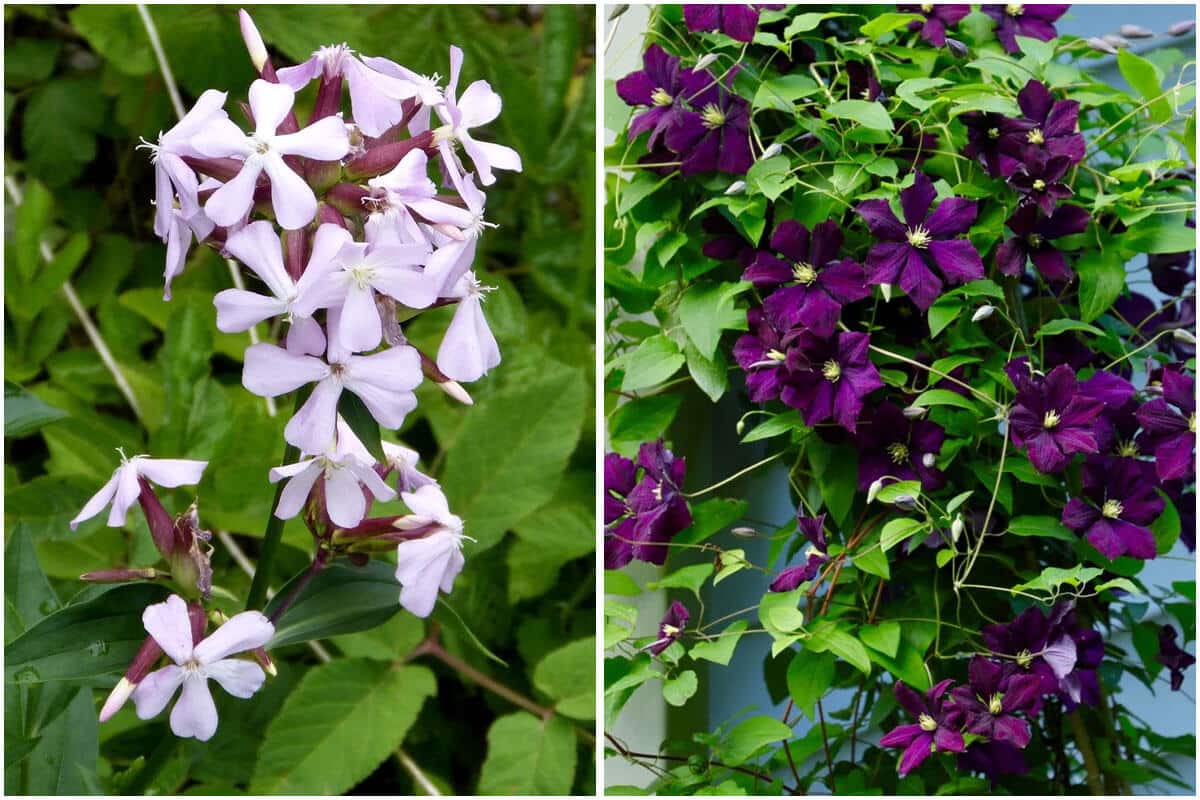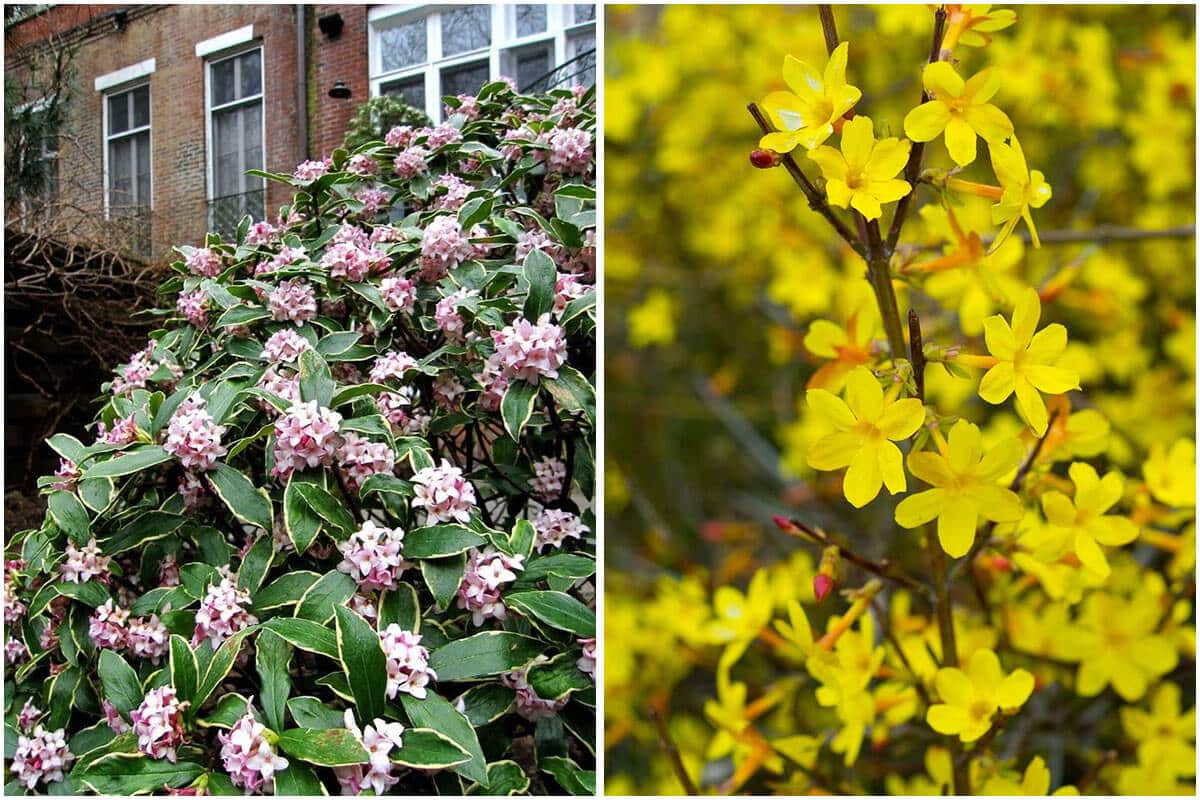Aphids are one of the most damaging species in the garden. They are small in size, but very devastating. They puncture the tree trunk, sucking up nutritious, making your plants unable to grow. They carry contagious viruses and lethal to crops like potatoes, citrus fruits, and grains. Moreover, their secreted honey creates a favorable environment for mold to spread quickly and cover leaves, losing sunlight. They become scary challenges for growers. Don’t worry, we will help your deal with!!!!
And here are 11 organic methods to repel aphids that you should read. With these ways, you will use all natural and organic means that won’t compromise the health of your garden or your family. Apply them at the first time, surely you will see that they are so effective. Are you ready to spend your time on checking them out with us?
#1 Physical Removal

For minor infestations of aphids, it may be possible to physically remove the insects from your plants. Don a pair of gardening gloves and brush or pinch the pests from stems and leaves. If the infestation is contained to one or two stalks or branches, prune off the affected portion(s) and drop them into a bucket of soapy water to kill the aphids.
#2 Water Pressure

It is possible to spray aphids off of plants with the simple application of a garden hose. It can be quite effective at controlling small aphid populations on more robust and well-established plants, not for younger plants.
#3 Soap and Water

Dilute a few tablespoons of dish soap in a small bucket of lukewarm water and use a sponge or spray bottle to apply the mixture to plants where aphids have taken hold. Upon contact, the soap will dissolve the waxy protective coating from aphids’ bodies, dehydrating and eventually killing the insects without harming the plant. Remember to also treat the undersides of leaves where aphid eggs and larvae may be hiding!
#4 Neem Oil

Used in much the same way as dish soap, organic and pure Neem oil may be diluted in water and sprayed onto plants infested with aphids. The organic chemicals present in Neem oil act as a repellent against not only aphids, but also a wide array of other garden pests including mealy bugs, cabbage worms, beetles, leafminers, ants, and caterpillars. Neem oil is also effective in controlling the spread of many types of fungus that infect plants among a number of other things.
#5 Insecticidal Soap

There are many premixed all-natural insecticidal soaps treatments available for garden pest-control.
#6 Beneficial Insects

A large group of ladybugs on a chard leaf in a garden. In some cases, it may be easier to introduce new or bolster existing populations of predator insects into areas infested with aphids.
#7 Bug-eating Birds

Another method for natural aphid control is to encourage the nesting of birds such as wrens, chickadees, and titmice around your garden. The best way to attract these delightful aphid-devouring predators is to offer them free food and housing space.
#8 Watch Out For Ants

The honeydew secreted by feeding aphids is also a favorite food for many species of ants. As such, ants will often protect colonies of aphids from predators much like people protect their livestock. Find a way to draw the ants away from their aphid-cattle such as by baiting them with small containers of honey placed near the base of the infested plant.
#9 Natural Repellents

Aphids dislike the organic compounds which give onions and garlic their signature aroma. Grow these and other Alliums around your garden to discourage aphids from taking up residence there.
#10 Natural Attractants

You can select an area some distance away from the plants you wish to protect from aphids and plant some of these pests’ favorite foods there. Zinnias, dahlias, cosmos, and asters are all appropriate peace offerings which aphids will happily infest in lieu of your precious garden.
#11 Essential Oils

Create a cocktail of equal parts thyme, peppermint, clove, and rosemary oils – 4-5 drops of each should suffice. Mix this solution into a small spray bottle filled with water. Shake well and apply to infested plants.





